Introduction
Sustainable packaging is no longer a niche sector. With an anticipated global valuation of $1.05 trillion by 2024, it is set to become one of the most attractive ESG-driven investment opportunities. Among the leaders in this transformative sector is Duni AB, a Swedish company specializing in service products and eco-friendly packaging solutions for the hospitality and retail industries.
As the EU tightens regulations on packaging waste, Duni AB is uniquely positioned to leverage its strong market presence and innovative product portfolio to capture growth in this evolving landscape. This article dives deep into the financial performance, growth prospects, and valuation of Duni AB to assess its potential as an investment.
For those looking to embark on their investing journey, our affiliate link for Trade Republic offers a €30 bonus in shares as a gift when you complete three purchase transactions in ten days: Trade Republic.
Financial Performance
In 2024, Duni AB reported revenues of $585.28 million, reflecting resilience amid macroeconomic pressures. Despite inflationary challenges and rising input costs, the company achieved:
- Gross Profit: $84.05 million, supported by operational efficiencies.
- Operating Income: $25.47 million, underscoring its ability to manage expenses effectively.
While net income remains negative (-$13.35 million), recovery in the hospitality and catering (HoReCa) sector post-COVID has driven a rebound in demand for Duni’s solutions.
Key Highlights
- Expanding Geographical Reach: Operating across 40+ markets, Duni’s stronghold includes Europe (Central region: 29% of sales) and “Rest of World” (27% of sales).
- Segment Diversification:
- Dining Solutions: 61% of revenue, targeting hotels and restaurants.
- Food Packaging Solutions: 39% of revenue, serving the booming takeaway and delivery market.
- Strategic Acquisitions: Recent acquisitions, including Decent Packaging and Huskee, have broadened Duni’s sustainable product portfolio.
Profitability and Valuation
Duni’s operating and net margins are ahead of industry averages, signaling effective cost management:
- Gross Margin: 25.41% (industry average: 37.29%)
- Operating Margin (EBIT): 8.22% (industry average: 7.85%)
- Net Margin: 4.90% (industry average: 4.46%)
In terms of valuation:
- P/E Ratio: 13.56, below the industry average of 16.95, suggesting potential undervaluation.
- Price-to-Sales Ratio (P/S): 0.66, indicating room for multiple expansion.
- DCF Valuation: Current price is 29.8% below its estimated fair value, providing an attractive entry point.
Debt and Leverage
Duni’s financial health is a key strength:
- Debt-to-Equity Ratio: 35%, reflecting a conservative approach to financing.
- Net Debt: Virtually nonexistent, with sufficient liquidity to withstand economic volatility.
- Interest Coverage Ratio: 8.92, demonstrating the company’s ability to meet debt obligations comfortably.
This low leverage shields Duni from the adverse effects of rising interest rates, a challenge for more indebted peers.
Growth Prospects
The sustainable packaging industry is set for exponential growth, driven by:
- Regulatory Push: The EU’s Single-Use Plastics Directive is accelerating demand for eco-friendly solutions.
- Market Expansion: Increased adoption of takeaway and food delivery services is boosting demand for innovative packaging.
- Operational Investments: The upcoming logistics hub in Meppen, Germany, will centralize distribution, driving efficiency gains.
Technical Analysis
- 52-Week Range: $1.33–$3.70, with the stock trading at $1.79, close to its lower range.
- Moving Averages: SMA50 indicates short-term recovery (+4.24%), while SMA200 (-1.88%) suggests room for improvement.
- Relative Strength Index (RSI): Neutral at 47.13, indicating neither overbought nor oversold conditions.
Potential Catalysts
- Sustainability Trends: Heightened consumer demand for eco-conscious products will drive growth in Duni’s target markets.
- Mergers and Acquisitions: Continued strategic acquisitions could unlock new revenue streams.
- Regulatory Tailwinds: Stricter environmental standards globally create a favorable backdrop for companies like Duni.
Leadership and Strategic Direction
Under CEO Robert Dackeskog, Duni has pursued a balanced strategy of innovation and operational discipline. With a focus on sustainable solutions and market expansion, the leadership team has demonstrated the ability to adapt to shifting market dynamics while maintaining profitability.
Impact of Macroeconomic Factors
While inflation and supply chain disruptions pose risks, Duni’s minimal debt and diversified revenue base position it well to navigate challenges. Moreover:
- Currency Exposure: Strong local operations in Sweden reduce dependence on volatile global currencies.
- Consumer Spending Trends: Resilient demand in core markets supports steady cash flow.
Total Addressable Market (TAM)
With over 420 million consumers globally adopting eco-friendly habits, Duni is targeting a substantial TAM in sustainable packaging. This growth potential is amplified by its established presence in the HoReCa sector and the growing takeaway market.
Market Sentiment and Engagement
Institutional investors own 30.72% of Duni, signaling confidence in its long-term strategy. Meanwhile, insider transactions indicate active management alignment with shareholder interests.
Conclusions, Target Price Objectives, and Stop Losses
- Target Price: $4.00, reflecting growth potential and undervaluation.
- Stop Loss: $1.50, to manage downside risks.
- Investment Thesis: With robust financials, a clear growth strategy, and exposure to a booming sector, Duni AB presents a compelling case for ESG-conscious investors seeking sustainable returns.
Discover More
For more insights into analyzing value and growth stocks poised for sustainable growth, consider this expert guide. It provides valuable strategies for identifying high-potential value and growth stocks.
We also have other highly attractive stocks in our portfolios. To explore these opportunities, visit our investment portfolios.
This analysis serves as information only and should not be interpreted as investment advice. Conduct your own research or consult with a financial advisor before making investment decisions.


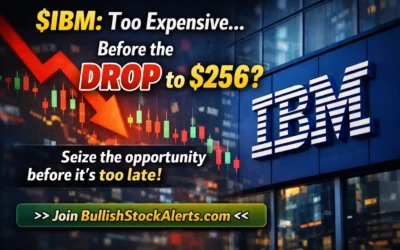
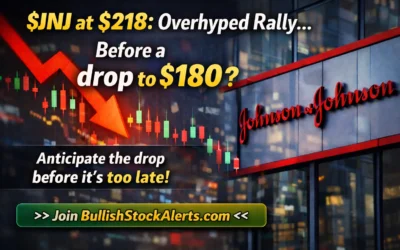
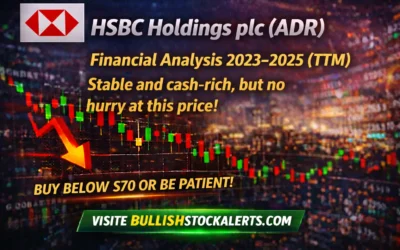
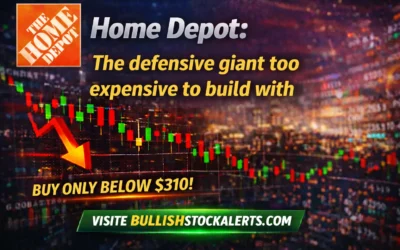
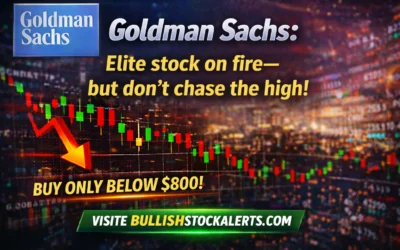
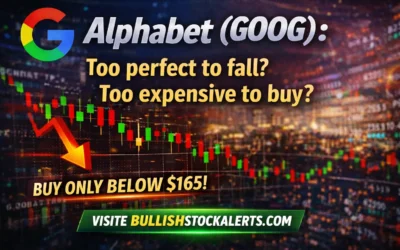
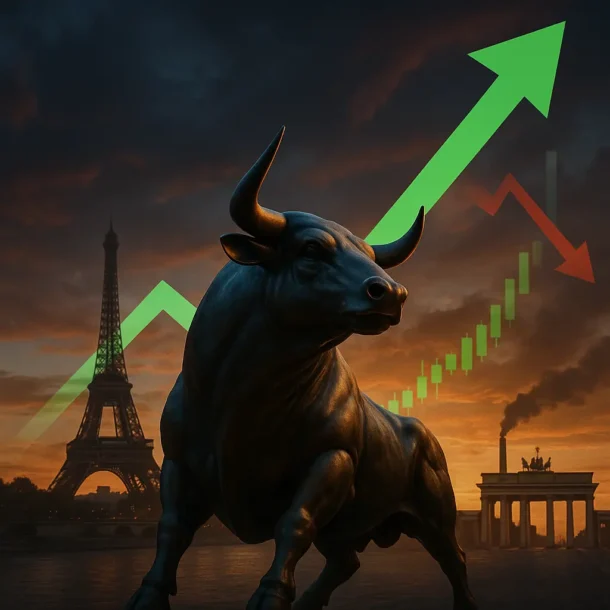
0 Comments